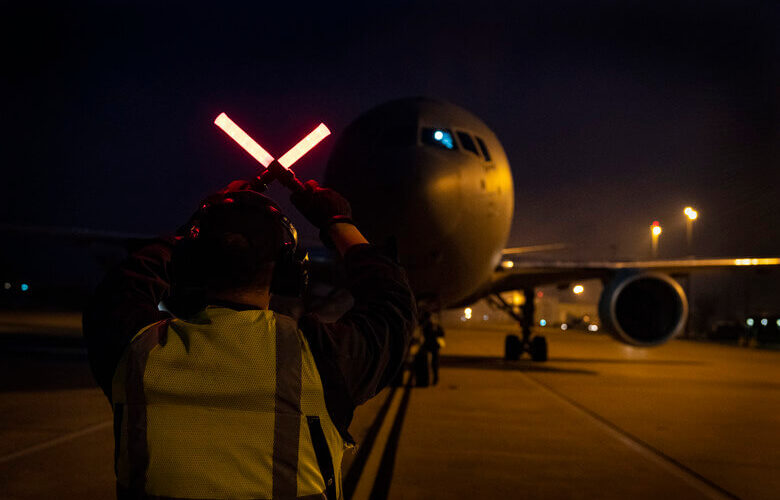Once again, the United States Air Force has suspended taking delivery of new Boeing KC-46 Pegasus tanker jets after foreign object debris (FOD) were discovered inside the aircraft.
On February 28, 2019, the USAF ordered to halt KC-46A deliveries after loose tools and FOD had been found in some aircraft a week before. After inspection, a Corrective Action Plan (CAP) was issued for the delivery process, and operations eventually resumed on March 11, 2019.
However, only eleven days after the resumption, inspectors found more of the debris, forcing the USAF to interrupt delivery, again, on March 23, 2019. The halt was revealed by Air Force Secretary Heather Wilson during a House Armed Services Committee hearing on defense budget on April 2, 2019.
“We actually stopped the acceptance of the KC 46 because of foreign object debris that we found in some closed compartments,” Wilson said, adding “we have corrective actions in place including a 100% look in some of those closed compartments to make sure that the production line is being run the way that it needs to be run”.
Answering later in the day to the House Appropriations subcommittee on defense, Wilson explained more precisely what she described as a “manufacturing discipline issue”. While conducting a more in-depth review of assembled aircraft, inspectors recently opened up closed compartments, such as those inside wings, to see if they had been cleared. While they were cleaner than some open areas, “they weren’t what we would expect”.
“If you drop a wrench you have to find a wrench,” Wilson said. “You have to wipe down surfaces so you don’t have pieces of aluminum that over time get in the midst of things and cause serious problems”. The USAF is reportedly working with Boeing on further CAP to receive the expected “excellence in the manufacture of our aircraft”.
“As we go forward, we will continue to be tough customers,” added the Chief of Staff of the Air Force, General Goldfein, “but I can tell you that everything I saw on that airplane indicates […] that it will be a spectacular weapon to us”.
Following the announcement, Air Force spokeswoman Ann Stefanek said that even a week after this new suspension, “inspectors [still] identified additional foreign object debris and areas where Boeing did not meet quality standards”.
So far, seven aircraft were delivered to the USAF. The program already costed more than $3 billion of extra charges to the manufacturer due to delay and corrections. Deficiencies discovered before the initial delivery should add to the bill, as Boeing committed to correct them at its own expense.

